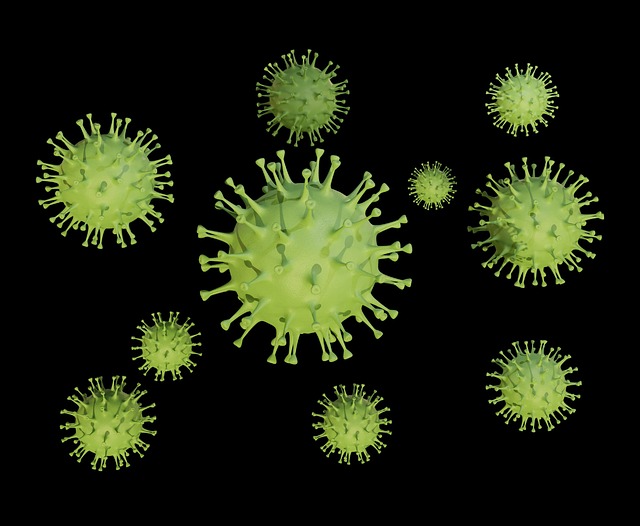The amount of SARS-CoV-2 antigen measured in the blood of hospitalized patients with COVID-19 is associated with disease severity and other clinical outcomes, according to a new study published in the Annals of Internal Medicine .
Following the ACTIV-3 trial of COVID-19 therapy in people hospitalized with COVID-19, researchers at the National Institute of Allergy and Infectious Diseases (NIAID), part of the National Institutes of Health, and their collaborators analyzed levels of SARS- VOC -2 in blood samples taken from study participants and evaluated the association of those levels with disease progression.
Higher levels of viral antigen in the blood, which could indicate ongoing SARS-CoV-2 replication, correlated with more severe disease. The authors suggest that SARS-CoV-2 antigen levels show promise as a biomarker or measurable substance to predict which patients hospitalized with COVID-19 are at higher risk for worse outcomes.
The ACTIV-3 trial enrolled people hospitalized with COVID-19 between August 2020 and November 2021. Participants contributed a baseline blood sample and were then randomized to receive an experimental COVID-19 therapy or a placebo. All participants received the antiviral remdesivir unless contraindicated. In this follow-up analysis, researchers examined baseline blood samples from 2,540 participants to determine SARS-CoV-2 antigen levels.
The researchers assessed the relationship between SARS-CoV-2 antigen levels in each participant’s blood and the time it took to be discharged from the hospital, as well as their lung symptoms on Day 5 of the trial, whether have remained the same, worsened or improved since then. inscription. With all this information in hand, the researchers conducted statistical analyzes to determine whether plasma antigen levels were associated with participants’ lung function when they gave the blood sample, and whether they could predict how participants would fare over time. . Additionally, the researchers examined the relationship between a series of participants and viral characteristics and antigen levels.
The analysis revealed a strong correlation between higher SARS-CoV-2 antigen levels (≥1000 nanograms per liter) and worse lung function at enrollment. Importantly, participants with higher levels of SARS-CoV-2 antigen in their blood at enrollment generally had decreased lung function at Day 5, regardless of the severity of their illness at study entry. , and they took longer to be discharged from the hospital. Elevated levels of blood antigens were also correlated with some known risk factors for worse diseases, such as being male.
Three additional participant characteristics were found to correlate with lower antigen levels: the presence of SARS-CoV-2 antibodies, exposure to remdesivir before enrollment, and a longer time in hospital before enrollment. . Finally, participants infected with the delta variant had higher antigen levels than those infected with previous circulating strains.
The researchers concluded that blood antigen levels are likely a marker of ongoing viral replication and could be useful in predicting a patient’s disease progression and likely outcomes once they enter the hospital. The authors note that these results suggest that a precision medicine approach could be useful in future clinical trials of antiviral therapy. For example, antigen levels could help determine which patients are most likely to benefit from therapies aimed at fighting the virus.
Conclusion: Elevated plasma antigen is highly associated with both the severity of lung disease and clinically important patient outcomes. Multiple clinical and viral factors are associated with the plasma antigen level at presentation. These data support a potential role of ongoing viral replication in the pathogenesis of SARS-CoV-2 in hospitalized patients. |
Reference : Rogers et al. The association of baseline plasma SARS-CoV-2 nucleocapsid antigen level and outcomes in patients hospitalized with COVID-19 . Annals of Internal Medicine. DOI: 10.7326/M22-0924 (2022).
















